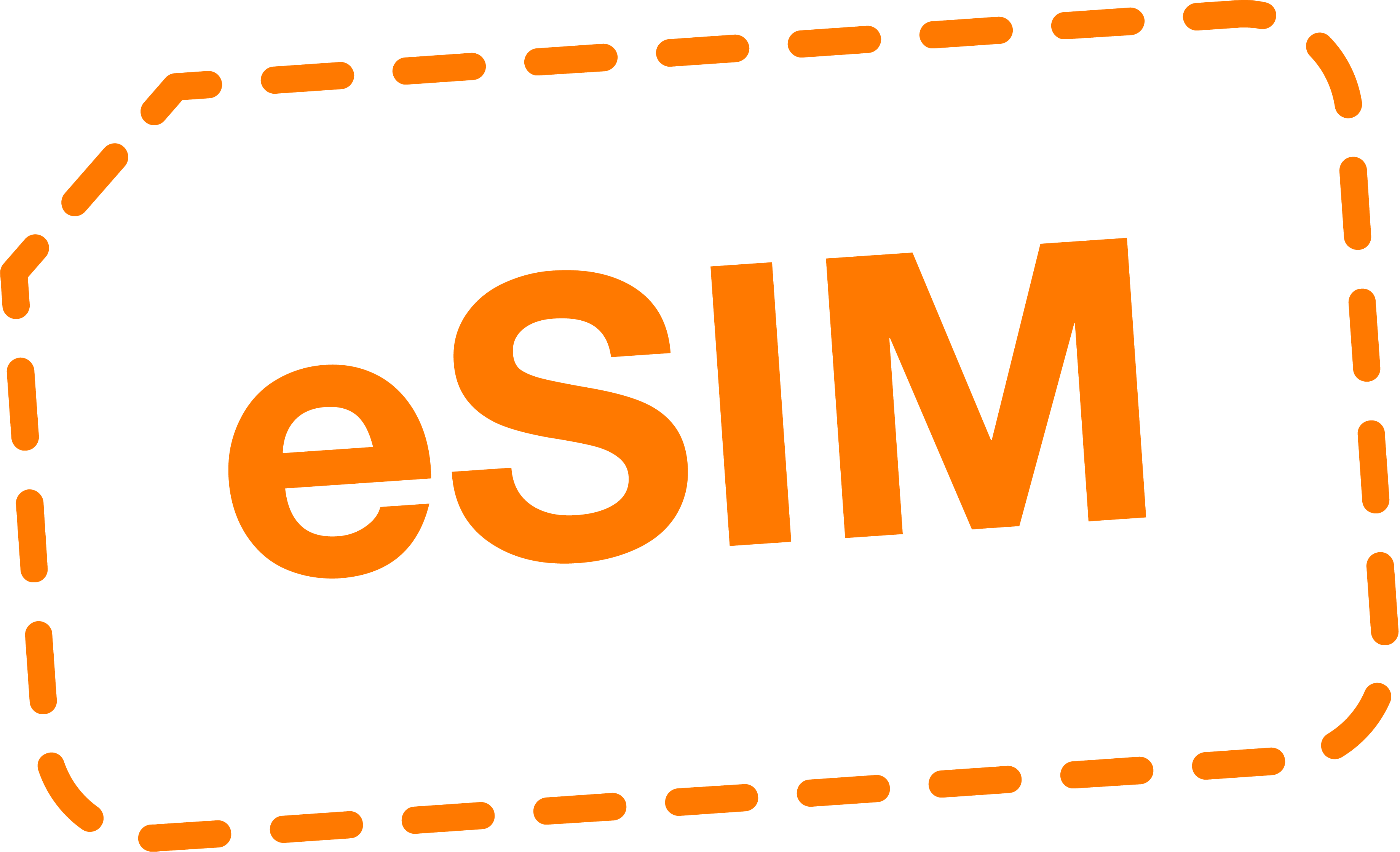As from today, Orange Belgium supports embedded SIMs – or eSIMs -, a first on the Belgian telco market. This will bring a brand new customer experience, makes Orange Belgium’s processes more than ready for the future of the telecom market and allows the group to become a full digital operator.
After many years of good service, it is time for the SIM card to make place for its successor: as from today, Orange Belgium will support embedded SIM – eSIM -, the new technology vowed to replace the traditional little plastic SIM cards. An embedded SIM is a small chip directly built into a device, and that works just as a conventional SIM when activated.
New customer experiences and usages
Launching eSIM support opens the way to brand new customer experiences, with users being able to easily add a new eSIM profile and switch between accounts without manipulating their device, for owners of both a professional and a phone subscription, for instance. It will also make the life of frequent travellers, expats and tourists easier, by allowing them to easily opt for and keep a local subscription when staying in Belgium.
The eSIM support will also allow Orange Belgium to offer in the near future new dedicated subscription services for a broader range of devices, like tablets, smart watches and other wearables.
For residential customers equipped with an eligible smartphone, the insertion of a SIM card into their device will no longer be necessary in order to access Orange Belgium’s network. Instead, Orange Belgium will use the embarked eSIM and allow customers to download their client credentials through the simple scanning of a QR-code, generating a specific user profile on the device, which allows a secured access to Orange Belgium’s network. All of which after a thorough verification of the customer’s ID.
In a first phase, the customer will still have to go to a shop in order to proceed to the authentication of his/her identity. But Orange Belgium is already working on new and even more digital identification methods that will soon allow a full online process. Availability of the eSIM for the B2B customers is planned in a later phase.
Reduced plastic waste and logistics
The launch of eSIM support was a great way for Orange Belgium to renew its internal processes, as this new interaction model with clients largely disrupts the way a telco provider grants access to its network, coming from big batches of SIM cards to which an identity is attributed, to a new, device-centric model.
Werner De Laet, Chief Enterprise, Innovation & Wholesale Officer of Orange Belgium, comments: “On an annual basis, Orange Belgium uses as much as 2 million new SIM cards, and the progressive switch to eSIM will generate environmental benefits by reducing the usage of plastic and by streamlining the logistic processes. A saving on plastic that will be further increased by the choice Orange Belgium also makes on conventional SIM cards: in the near future, the new conventional SIM cards will be 50% smaller. With this eSIM launch, Orange Belgium demonstrates once again its bold challenger position and its engagement to a Greener Planet.”
Christophe Dujardin, Chief Consumer Officer, adds: “By bringing eSIM to the market, Orange Belgium allows new, even more digital and simple customer experiences. We become a full digital operator, ensuring a smooth experience for customers having to switch between professional and private lines, frequent travellers, ... Most of all, we ready ourselves for what will simply be the future of the telco market.”
The company expects eSIM to exceed the share of conventional SIMs on the Belgian market as early as 2025, and to own almost 100% of the market by 2030, as new ranges of eligible devices (smartphones but also wearables, connected devices) are hitting the market. Globally, a recent projection from Counterpoint Research predicted that shipments of eSIM-based devices will reach almost two billion units by 2025. Most devices manufacturers are indeed now betting on embedded SIMs, as the suppression of the tray for conventional SIM cards frees a space that can be used for other components.
More information on eSIM and the eligible devices : https://www.orange.be/fr/blog/esim-belgique-tout-savoir and https://www.orange.be/nl/blog/esim-belgie-alles-weten
